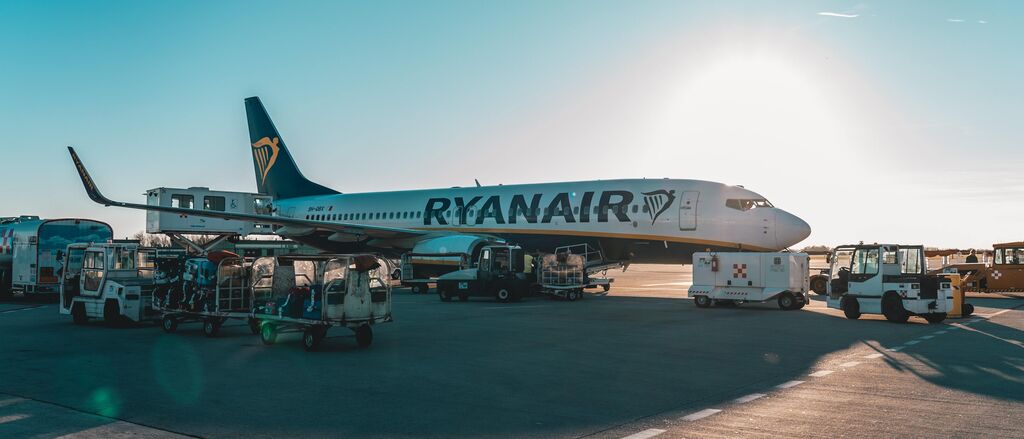
We noticed something weird on Ryanair aircraft...
Friday, January 13, 2023
Arithmophobia: the fear of numbers. Everyone has fears, perhaps, they were brought on by cultural circumstances or developed over the years. You can call it superstition in some cases, but this is something that some airlines don’t play around with!
Did you experience a delayed or cancelled flight in the last 6 years? You still have time to claim flight compensation and receive up to €600 per passenger! |
What did passengers notice aboard Ryanair airplanes?
Ryanair passengers were boarding a plane and looking for their rows when they noticed something odd. There was no row 13, and it was skipped over entirely, going straight from 12 to 14. After posting this newfound discovery on social media, a spokesperson for the airline claimed it was an “American manufacturing tradition”. Taking a closer look, it is clear that other airlines also skip out on row 13, and some on row 17, or even both.
What is the reason why certain numbers are excluded from aircraft rows?
There is a widespread fear of the number 13 in many, mainly Western, cultures worldwide. The official term for the phobia is triskaidekaphobia. This is caused by the number 13 having a wide variety of negative connotations, with the most famous being associated with Judas, who betrayed Jesus, being the 13th person to join the table at the Last Supper.
Some people also believe that the number 17 is unlucky because, when read as the roman numeral XVII, its anagram VIXI roughly translates to "my life is over" in Latin. Countries like Italy and Brazil fall into the category of the phobia of number 17: heptadecaphobia.
The United Airlines Polaris does not have a row 13 or 14, either. Row 14 is seen as unlucky in China since it sounds like the words "will die" in Chinese.
Which airlines take part in this tradition?
Several airlines use this practice, and the following are just a few examples:
Iberia, Lufthansa, Air France, ITA, and Ryanair all exclude row 13 when flying within Europe. Only Virgin Atlantic skips row 13 among the top airlines operating in the UK.
United Airlines (on most aircraft types) and Alaska Airlines (only on the 737-800) do this for the United States.
Emirates and Qatar Airways carry out the practice throughout the Middle East.
Cathay Pacific, Hong Kong Airlines, Thai Airways, and Singapore Airlines are some Asian airlines that have adopted it.
Are the excluded rows helping with passengers’ safety?
It appears odd that airlines will move directly from row 12 to row 14 to avoid installing a row based on superstition. Row 13 should be just as safe as its neighbouring rows given how many safety regulations are meticulously followed on a flight. However, if superstitious passengers feel a little bit safer knowing they won't be given a seat in this row, it's not a big deal to make this minor modification to the plane's layout.
Small actions like this can have a big impact on customer satisfaction in the long run. Even though they may not imply much on their own, these behaviours are a key component of the overall passenger experience.
A large number of overseas passengers are handled by airlines daily. Therefore, they must respect their beliefs and take as many distinct cultural views into account as they can.
Airline managers don't always change the numbering based on their own beliefs. In actuality, it would save time and difficult conversations with superstitious clients who want a seat change.
The next time you see any numbers skipped in a row, you'll know it wasn't an airline mistake but something that has been done with purpose!



Did you like this content ?
Thanks you made our day!
Help us be better!
Well received, thanks!